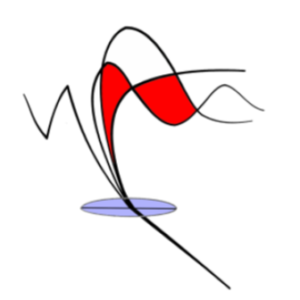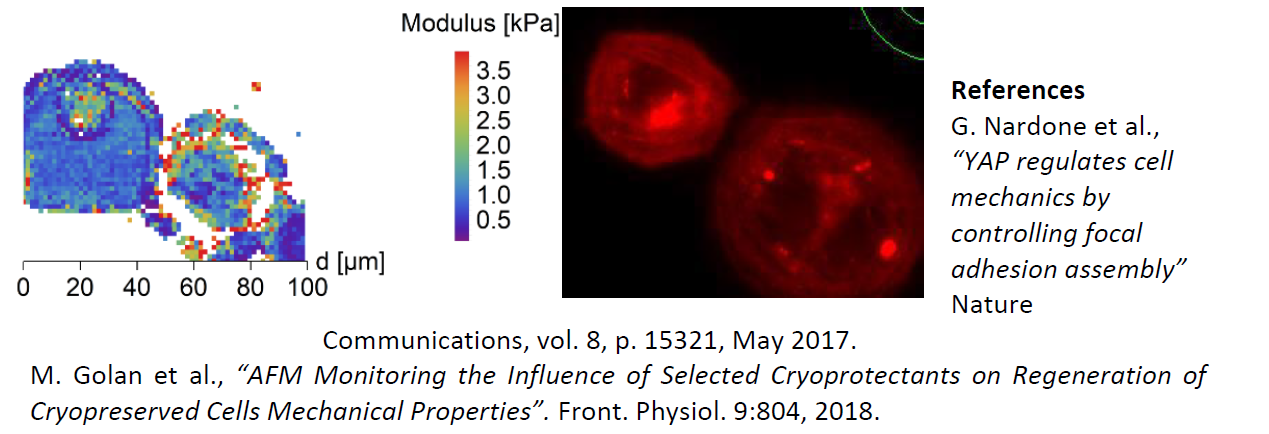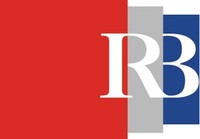Sažetak
Atomic Force Microscope (AFM) is a three-dimensional high-resolution topographic technique. It is suitable for biological applications in native conditions with the ability to measure bending of the cantilever probe with extremely high precision. This allows AFM to be used as a mechanical nanosensor, in cell based biosensing of drug effects and in study of growth factor effects on cells. Among the multitude of methods applied to measure the stiffness of cells and tissues, micro- indentation using an Atomic Force Microscopy (AFM) provides a way to reliably measure the stiffness of living cells
Among the other devices for microindentaion the Atomic Force Microscope (AFM) is commercially available and has been widely applied to characterize mechanical properties of living cells and tissues. Moreover, AFM allows to scan living cell topography under nearly physiological conditions (liquid medium, elevated temperature), and offers a force spectroscopy mode. In this mode, cell is indented at many sites and its complete elastic response is recorded which enables to reconstruct its stiffness map. However not only living cell cultures can be investigated by this method, but also a variety of soft bio samples such as plant tissues, extracellular matrix and hydrogels can be studied. Combination of the stiffness mapping with confocal microscopy would bring better understanding to the cellular processes, when the cytoskeleton remodelling is related to the mechanical properties
of the cell.
JAN PŘIBYL obtained a PhD. in biochemistry at the Department of Biochemistry, Masaryk University, Brno. Currently he holds a position of a Senior scientist at the Core Facility of Nanobiotechnology, Central European Institute of Technology (CEITEC) at the same University. He was a visiting researcher at Chem.Dept., SUNY, USA; Analytical Biochem. Dept., Potsdam University, Germany; Biophysical and Electronic Engineering Dept., University of Genova, Italy; FOI, Royal Swedish Institute of Defence, Umea, Sweden. His current research interests are nanobiotechnology (bioAFM microscopy, AFM spectroscopy) and selected immunological methods (synthesis of immunoconjugates, immunization, ELISA, affinity purification) for applications in immunosensors and affinity biosensors.
[email protected]
ZAJEDNIČKI SEMINAR Hrvatskog biofizičkog društva, Hrvatskog mikroskopijskog društva i Instituta Ruđer Bošković
![]()





